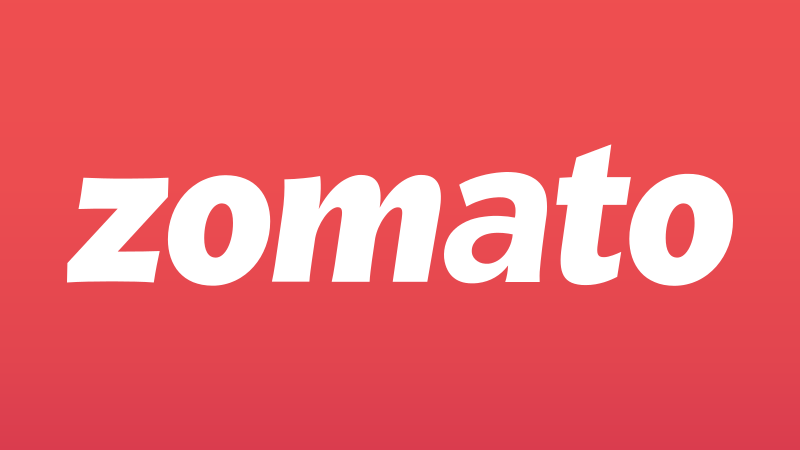Zomato Reverses Course on “Pure Veg Mode” Uniforms: Safety Over Segregation.

Zomato
Pure Veg Mode
In a recent turn of events, Zomato, the popular food delivery platform, has decided to shelve its plan to introduce green uniforms for delivery partners catering specifically to vegetarian orders. This decision comes in response to a significant backlash over what was termed as “Pure Veg Mode” service.
The initial proposal aimed to segregate delivery partners by their attire, with green uniforms designated for those delivering vegetarian meals.
However, concerns were raised regarding the potential stigmatization of the traditional red-uniformed delivery personnel, who might inadvertently deliver non-vegetarian orders and face repercussions from certain residential communities.
Zomato’s co-founder and CEO, Deepinder Goyal, addressed these concerns in a statement, emphasizing the paramount importance of the safety of their delivery partners.
He highlighted the risk of associating the red uniforms with non-vegetarian food, potentially leading to misunderstandings or even safety issues.
As a compromise, Zomato has decided not to implement visible distinctions in delivery partner uniforms on the ground. Instead, the differentiation will be made within the app, where customers opting for vegetarian meals will be informed that their orders will be served by a dedicated fleet. This approach aims to mitigate any unintended consequences while still catering to the preferences of vegetarian customers.
Goyal also explained the rationale behind the initial proposal, citing instances where food spills in delivery boxes could result in the aroma of non-vegetarian items lingering and potentially affecting subsequent orders. However, the company has opted to prioritize inclusivity and safety over such concerns.
Furthermore, Zomato’s decision reflects a strategic move to tap into India’s sizable vegetarian market, which holds significant potential for growth. The company aims to expand its total addressable market by accommodating diverse dietary preferences while maintaining a focus on customer satisfaction and safety.
In light of these developments, Zomato’s pivot underscores its commitment to adaptability and responsiveness to community feedback. By prioritizing safety and inclusivity, the company continues to navigate the complexities of the food delivery landscape while striving to meet the needs of its diverse customer base.
As Zomato continues to evolve its services and policies, it remains to be seen how this decision will impact its operations and relationship with both customers and delivery partners. Nevertheless, this shift highlights the importance of listening to stakeholders and making decisions that align with the company’s values and objectives.
About the Author
Ankita
Author
Meet Ankita, the insightful voice behind a captivating lifestyle blog where she shares stories, tips, and inspirations that illuminate her unique perspective on life."






















